7 books about racial inequality in America
I n 2016, Colin Kaepernick decided that he was “not going to stand up to show pride in a flag for a country that oppresses black people and people of color.” The backup quarterback from the San Francisco 49ers took to sitting and then kneeling during the national anthem. Kaepernick became the face of a movement (and later Nike) protesting racial injustice—but at a cost. He hasn’t played a game since January 1st, 2017, and no NFL team has signed him.
Football is undeniably an intrinsic part of American life. So is racism. This Super Bowl Sunday, read these seven books on racial justice instead. From a definite history of racist thought to a manifesto on peaceful protest, this reading list serves a primer to understanding racial inequality in America.
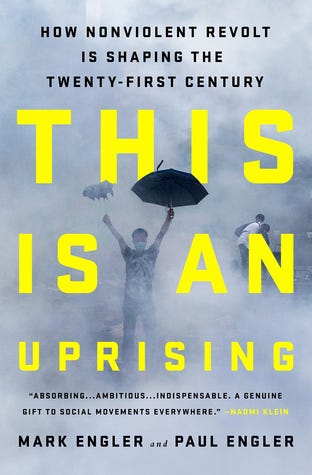
This Is an Uprising: How Nonviolent Revolt Is Shaping the Twenty-First Century by Mark Engler and Paul Engler
This is an Uprising is an ode to the power of the potential of peace protest. Co-authors Mark Engler and Paul Engler reference movements spanning decades — from Ghandi’s 1930 Salt March and Martin Luther King Jr.’s 1963 Birmingham campaign to the more recent Occupy Wall Street protests — and offer a guide on how to successfully engage in nonviolent protest.
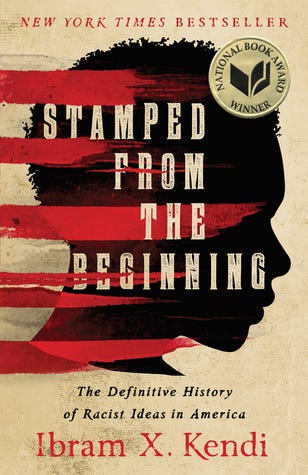
Stamped from the Beginning: The Definitive History of Racist Ideas in America by Ibram X. Kendi
Winner of the 2016 National Book Award for Nonfiction, Stamped from the Beginning explores the complex and insidious history of racist thought. Scholar and historian Ibram X. Kendi traces the development of anti-Black ideology through the centuries, evoking the biographies of such figures as Puritan minister Cotton Mather, founding father Thomas Jefferson, abolitionist William Lloyd Garrison, scholar W.E.B. Du Bois, and activist Angela Davis. In this meticulously researched piece of nonfiction, Kendi provides readers with both familiar and unfamiliar examples of racist ideas so that they have to the tools to recognize and expose racism even in its most nuanced forms.
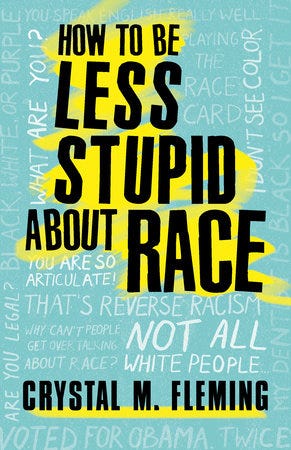
How to be Less Stupid about Race: on Racism, White Supremacy, and the Racial Divide by Crystal M. Fleming
Crystal M. Fleming’s How to be Less Stupid about Race seeks to educate readers about the Critical Race Theory. Powered by a desire to overcome her own ignorance of systemic inequality, Fleming combines formidable scholarly texts with personal experiences to guide readers through the “social, political, historical, and economic realities of racial oppression.”
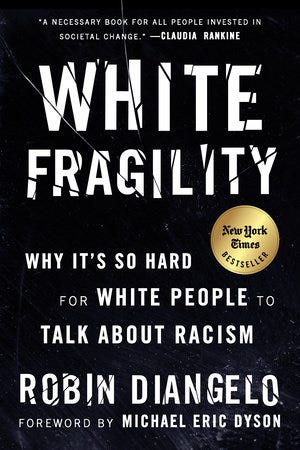
White Fragility: Why It’s So Hard for White People to Talk About Racism by Robin DiAngelo
Written by race scholar and diversity trainer Robin DiAngelo, White Fragility works to debunk the notion that “only intentionally mean people can participate in racism.” DiAngelo explains the concept of “white fragility” — feelings of discomfort white audiences experience when presented with topics of race — and challenges her white contemporaries to reassess their own reactions, telling them that they must confront their discomfort to fully engage in necessary conversations about race.
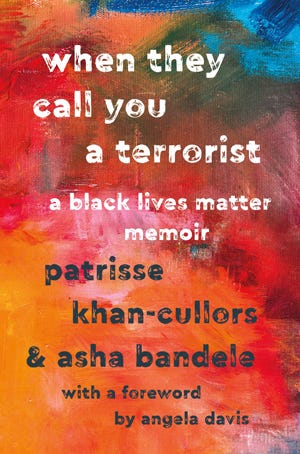
When They Call You a Terrorist: A Black Lives Matter Memoir by Patrisse Khan-Cullors & asha bandele
When They Call You a Terrorist looks into the life and work of Patrisse Khan-Cullors, co-founder of the Black Lives Matter movement. From her childhood in the Los Angeles public housing system to the incarceration of her mentally ill brother to the mobilization of what would become a global movement, this powerful book tackles poverty, mass incarceration, and police brutality.
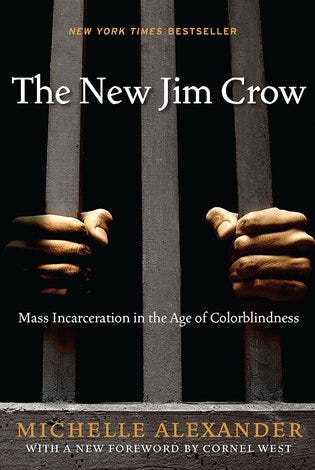
The New Jim Crow: Mass Incarceration in the Age of Colorblindness by Michelle Alexander
Civil rights lawyer Michelle Alexander’s The New Jim Crow is an in-depth examination of America’s prison-industrial complex that disproportionately incarcerates African Americans. Alexander explains how the War on Drugs, racial profiling, and overpolicing led to the mass imprisonment of black men even though white people are more likely to use drugs. Even after serving their sentences, it is legal to deny formerly incarcerated people civil rights like the right of vote and to access education and public benefits. Formerly incarcerated people also face discrimination when applying for employment and housing, relegated them to the fringes of society. Alexander’s compelling evidence-based book shows us that Jim Crow hasn’t ended in America, it’s only been repackaged.
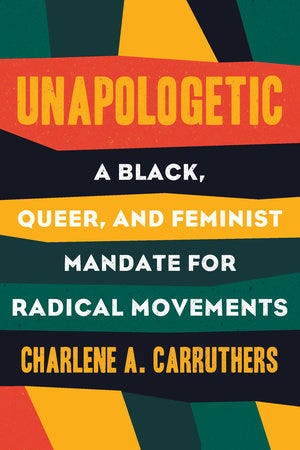
Unapologetic: A Black, Queer, and Feminist Mandate for Radical Movements by Charlene A. Carruthers
Written by Charlene Carruthers, founder of the Black Youth Project, Unapologetic reimagines black radicalism through a queer feminist lens. Carruthers draws inspiration from past models of activism as well as her fourteen years as a community organizer, proposing an inclusive version of black liberation that incorporates feminist and LGBTQ movements. She also identifies several key strategies essential to the creation of a long-lasting, self-sustaining radical movement.


What to Read Instead of Watching the Super Bowl was originally published in Electric Literature on Medium, where people are continuing the conversation by highlighting and responding to this story.












